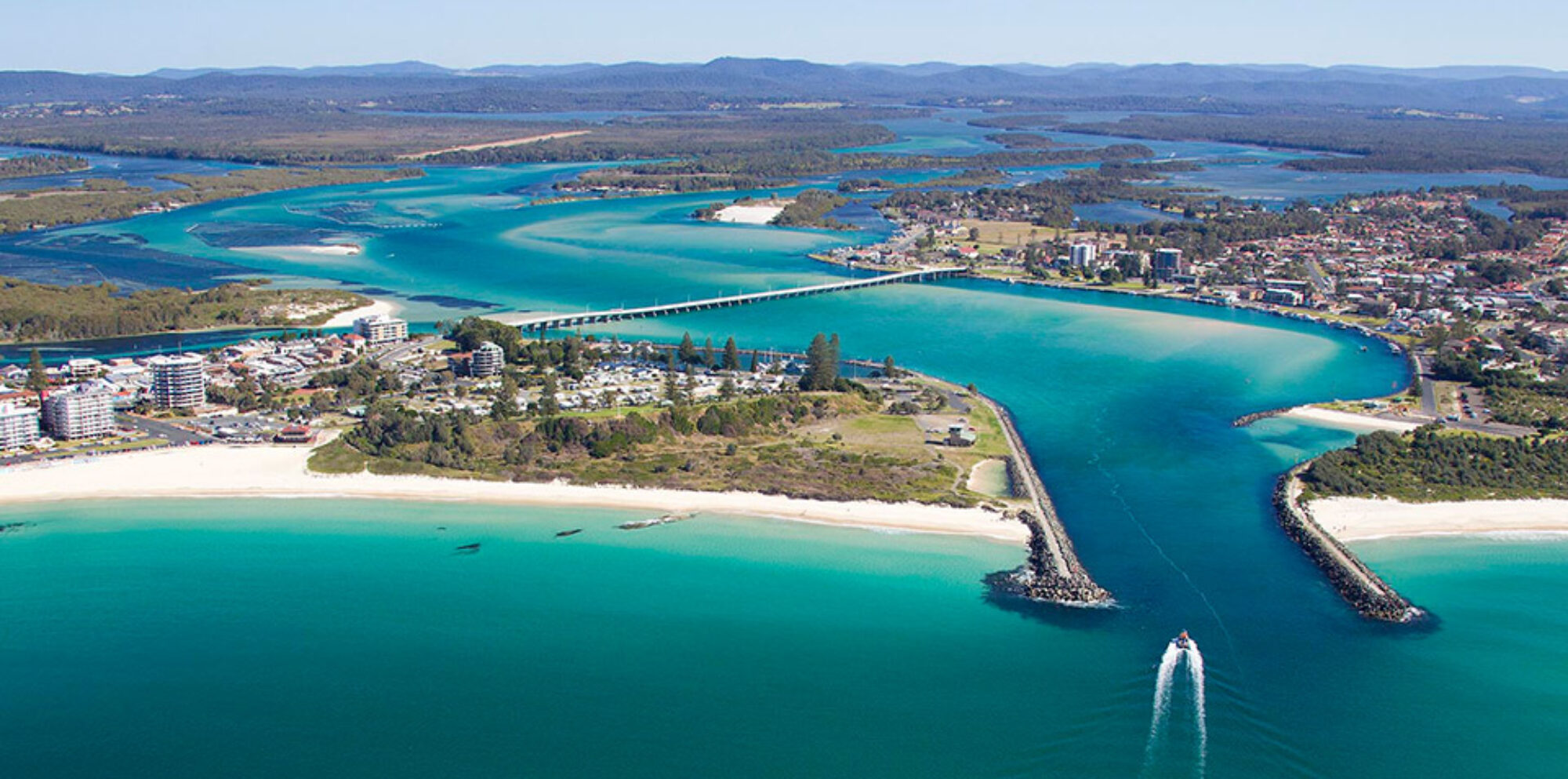It is best not to leave the planning for something like a multi- day hike until the night before. It is important to think about things like the nutritional needs of an extended walk, the weight you will need to carry and think about the waste that will be created from the food.
As discussed in Menu Planning, it is important to ensure that you receive enough energy for the amount of movement that is being planned, as well as think about ensuring that there is some enjoyment from the food. It has to taste good. Thinking of variety and ways to use foods in different ways can make the trip more enjoyable for all.
Weight is a big factor in planning the food for an expedition. Where possible, having dried or dehydrated foods will help to minimise this. An example of this could be mixing porridge with powdered milk, sugar and dried fruits in a ziploc bag. When ready to eat, water can be added to create a warm, hearty and nutritious breakfast.
A good tip is to prepare what is needed for each meal in individual ziploc bags. This might include things like herbs and spices, dried fruits etc. As they are used up, the bags can then be cleaned and used for other purposes.
There are also many premade dehydrated meals that can be used for lunches and dinners. These do not have to be expensive, specialist backpacking options. Many are available form ordinary supermarket shops. Examples include simple meals like 2 minute noodles or instant pasta mixes.

Many snack food are also very energy rich and tasty. Buying bulk packs of lollies and dividing these into smaller packets for daily consumption can be a great way to maintain energy throughout a long days walking. Muesli bars are another good option.
Below is a video outlining some of the foods taken on a long hike. This also shows some vegetarian options that may be packed.
